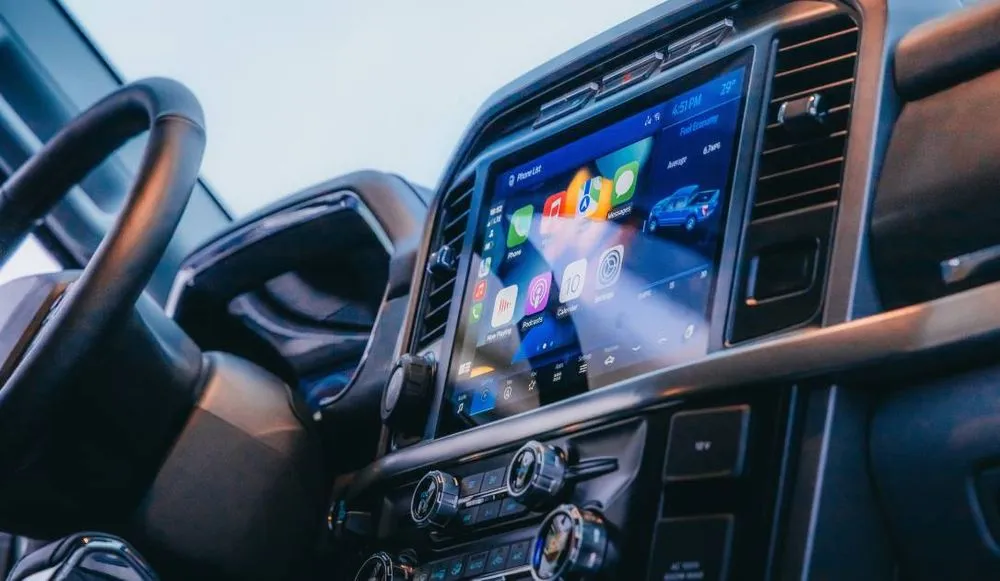FCC presses carmakers, wireless providers to protect domestic abuse survivors from stalking tools
The Federal Communications Commission (FCC) is urging automakers and wireless providers to do more to protect domestic abuse survivors from stalking tools enabled by connected cars and requesting the details of their location data-sharing practices.
Connected cars are now loaded with sensors and other tools which allow real-time geolocation tracking. A recent Reuters report revealed a San Francisco woman told police her abusive husband had used their Tesla’s remote location access feature to track her, at one point leaving a metal baseball bat in the backseat.
FCC Chairwoman Jessica Rosenworcel sent letters on Thursday to nine American auto manufacturers, specifically seeking details on how they “support survivors in their efforts to disconnect from abusers, and how these companies handle consumers’ geolocation data,” the FCC said in a press release.
Letters were also sent to AT&T, T-Mobile and Verizon, seeking information on how the wireless providers work with connected carmakers and what their policies are for handling geolocation data provided by car manufacturers.
The FCC asked wireless service providers to describe their partnerships with automakers in granular detail, including by offering details about wireless spectrum licenses used to provide connected car services; the connected apps and tracking devices their company provides; and how those connected apps and other features allow for remote access to vehicle functions.
Rosenworcel’s announcement specifically cited the Safe Connections Act of 2022 — a law which supports domestic violence survivors by helping them easily separate from shared wireless phone plans — asking the companies to detail their policies for complying with it.
The letter also asks how and whether the wireless service companies “provide connected car services to consumers who are not subscribers to their wireless services otherwise.”
In November, the agency adopted new rules meant to enhance its own work under the Safe Connections Act.
Recorded Future News recently published a series of stories exploring the vast array of data collected by connected cars in the wake of a November ruling by a federal judge allowing automakers to intercept and store text messages.
The FCC press release included statistics showing that more than 12 million people each year are the victims of rape, physical violence and stalking.
“No survivor of domestic violence and abuse should have to choose between giving up their car and allowing themselves to be stalked and harmed by those who can access its data and connectivity,” Rosenworcel said in a prepared statement. “We need to work with auto and wireless industry leaders to find solutions.”
Suzanne Smalley
is a reporter covering digital privacy, surveillance technologies and cybersecurity policy for The Record. She was previously a cybersecurity reporter at CyberScoop. Earlier in her career Suzanne covered the Boston Police Department for the Boston Globe and two presidential campaign cycles for Newsweek. She lives in Washington with her husband and three children.



